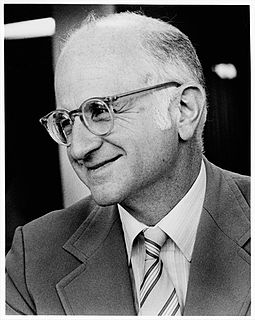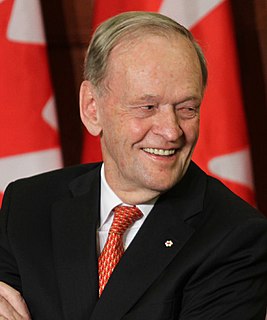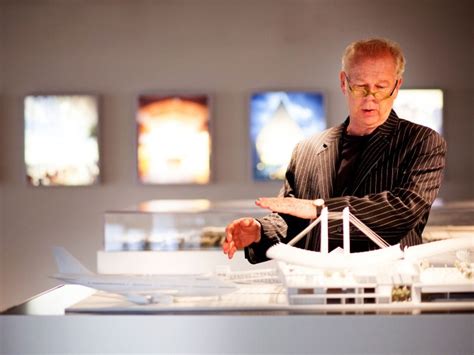A Quote by Herbert Hoover
The engineer performs many public functions from which he gets only philosophical satisfactions. Most people do not know it, but he is an economic and social force.
Related Quotes
During my span of life science has become a matter of public concern and the l'art pour l'art standpoint of my youth is now obsolete. Science has become an integral and most important part of our civilization, and scientific work means contributing to its development. Science in our technical age has social, economic, and political functions, and however remote one's own work is from technical application it is a link in the chain of actions and decisions which determine the fate of the human race. I realized this aspect of science in its full impact only after Hiroshima.
The phrase, the world wants to be deceived, has become truer than had ever been intended. People are not only, as the saying goes, falling for the swindle; if it guarantees them even the most fleeting gratification they desire a deception which is nonetheless transparent to them. They force their eyes shut and voice approval, in a kind of self-loathing, for what is meted out to them, knowing fully the purpose for which it is manufactured. Without admitting it they sense that their lives would be completely intolerable as soon as they no longer clung to satisfactions which are none at all.
Student loans have been helpful to many. But they offer neither incentive nor assistance to those students who, by reason of family or other obligations, are unable or unwilling to go deeper into debt. ... It is, moreover, only prudent economic and social policy for the public to share part of the costs of the long period of higher education for those whose development is essential to our national economic and social well-being. All of us share in the benefits - all should share in the costs.
Greed plays a role in causing unnecessary surgery, although I don't think the economic motive alone is enough to explain it. There's no doubt that if you eliminated all unnecessary surgery, most surgeons would go out of business. They'd have to look for honest work, because the surgeon gets paid when he performs surgery on you, not when you're treated some other way. In pre-paid group practices where surgeons are paid a steady salary not tied to how many operations they perform, hysterectomies and tonsillectomies occur only about one-third as often as in fee-for-service situations.
We must remove government's smothering hand from where it does harm; we must seek to revitalize the proper functions of government. We do these things to set loose again the energy and the ingenuity of the American people. We do these things to reinvigorate those social and economic institutions which serve as a buffer and a bridge between the individual and the state - and which remain the real source of our progress as a people.
The reflection and experience of many years have led me to consider the holy writings not only as the most authentic and instructive in themselves, but as the clue to all other history. They tell us what man is, and they alone tell us why he is what he is: a contradictory creature that seeing and approving of what is good, pursues and performs what is evil. All of private and public life is there displayed. ... From the same pure fountain of wisdom we learn that vice destroys freedom; that arbitrary power is founded on public immorality.
Over the course of my career as an engineer-turned-tech evangelist, I've had the privilege of travelling the world and seeing the extraordinary impact of mobile on people and communities across a broad range of cultures and socio-economic strata. In many ways, mobile is a democratizing force. It empowers us. It inspires us. It extends our reach.
I would give Obama a "C." He gets an "A" for understanding this country's profound problems in education, health care, infrastructure, and economic competitiveness, and for surrounding himself with extremely skilled and knowledgeable people who know what to do. He probably gets an "F," ironically, in his ability to sell these ideas to the American public and to be angry enough, conniving enough, and frankly mean enough to get them implemented and understood.
Now listen to the first three aims of the corporatist movement in Germany, Italy and France during the 1920s. These were developed by the people who went on to become part of the Fascist experience: (1) shift power directly to economic and social interest groups; (2) push entrepreneurial initiative in areas normally reserved for public bodies; (3) obliterate the boundaries between public and private interest -- that is, challenge the idea of the public interest. This sounds like the official program of most contemporary Western governments.
































